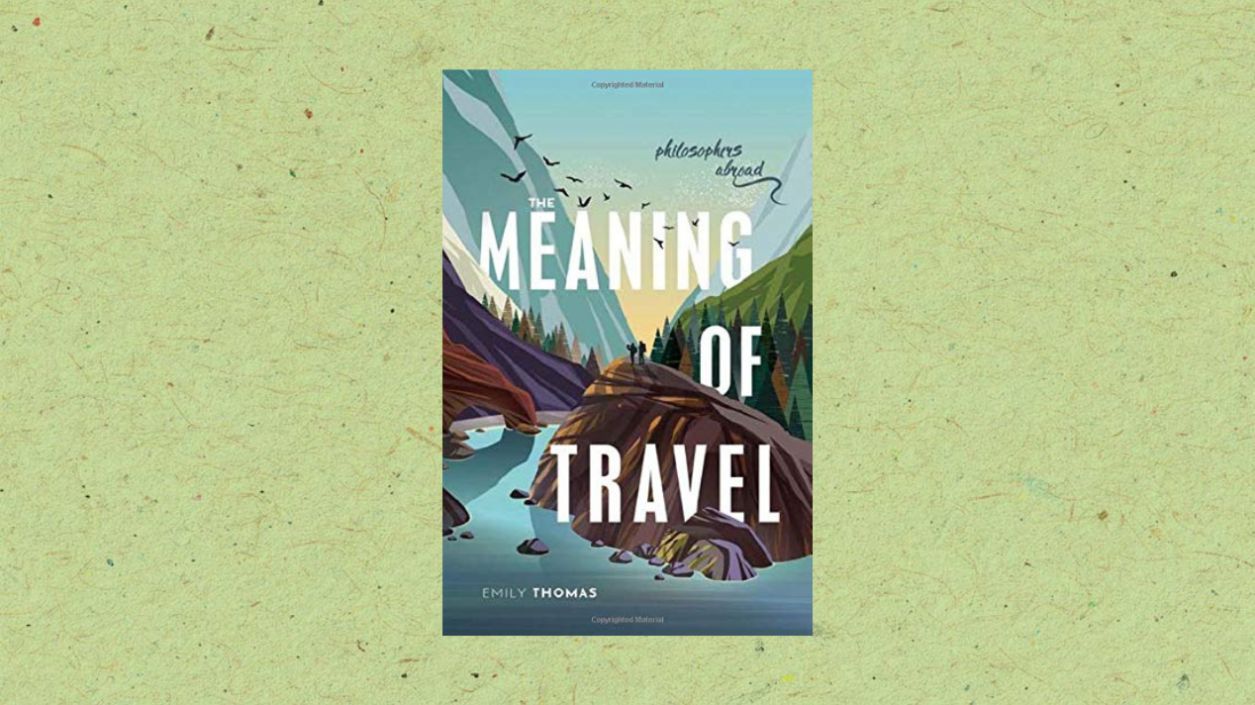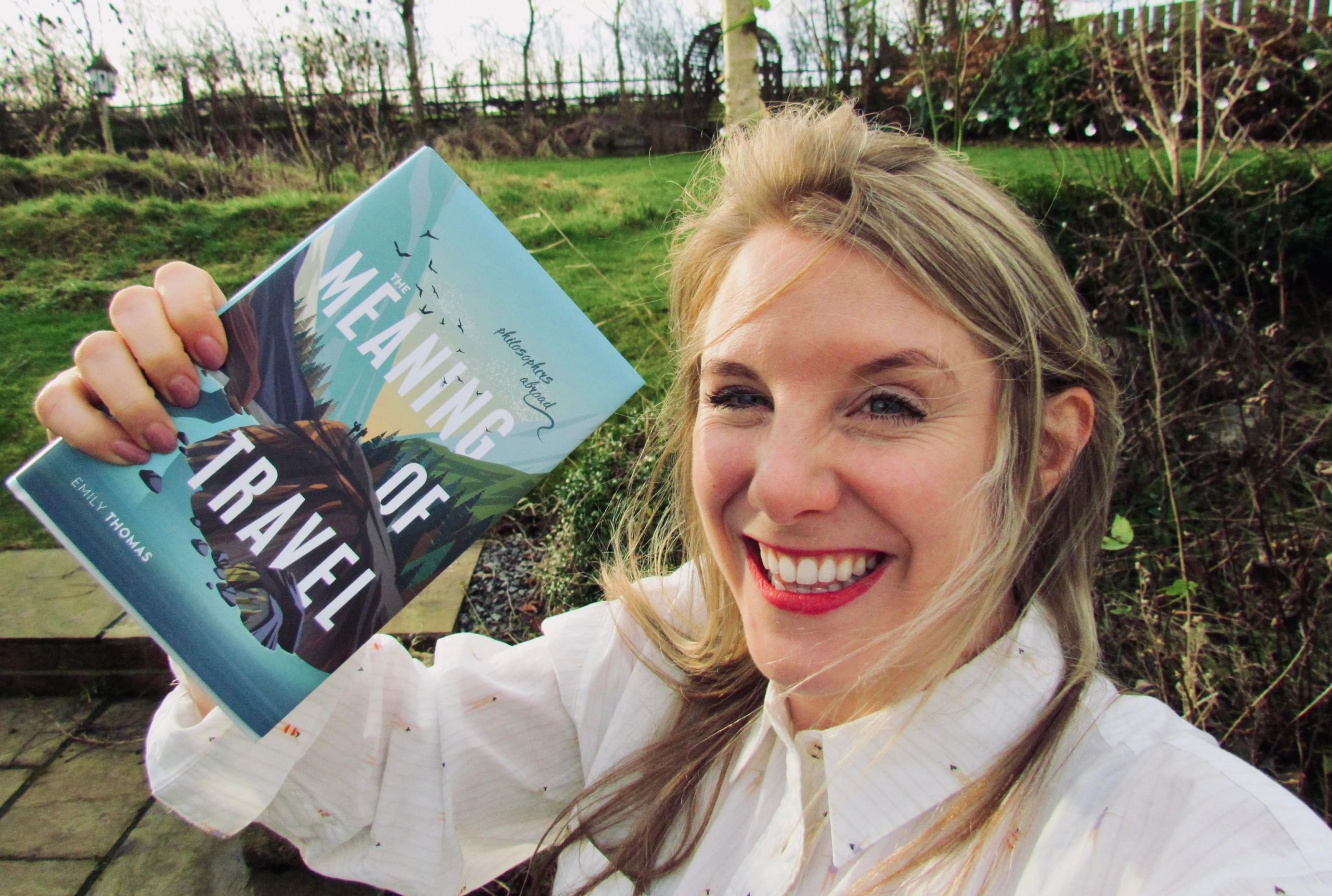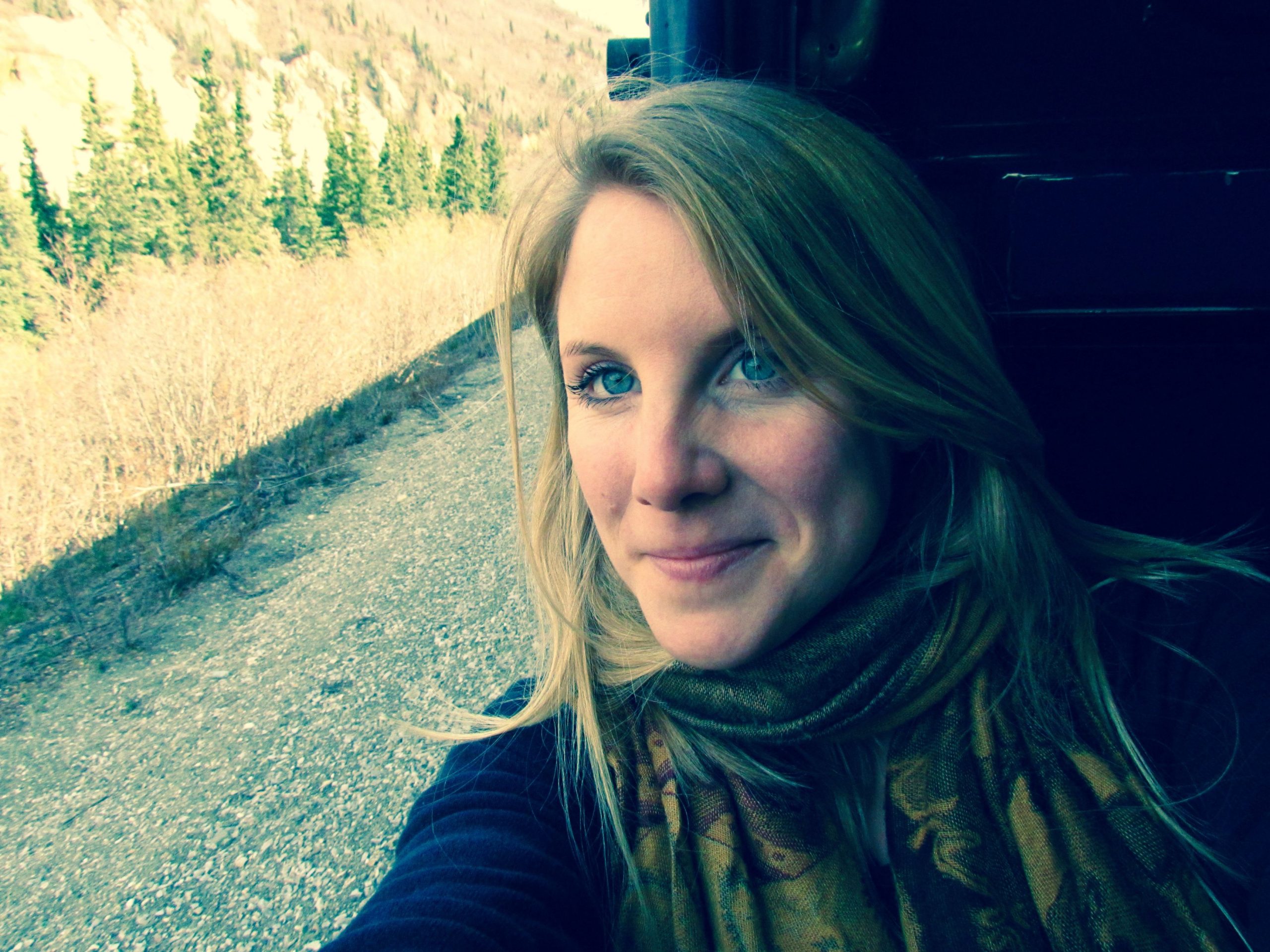There are over 34,000 branches of McDonald’s in the world, including 655 in New York and a comparatively low 440 in South Korea. The South Korean capital of Seoul is also home to a record 284 branches of Starbucks though, so you could leave New York City, hop on a 14-hour plane to South Korea, and get near enough exactly the same breakfast you could have got by opening your door and walking to the nearest street corner.
This is what is meant when we talk about ‘global homogenisation’ – the process of the world becoming everywhere the same. But if that is indeed the case, why travel at all?
“If the world is homogenising, it will be harder to experience new things,” writes Dr. Emily Thomas in her new book The Meaning of Travel, an in-depth exploration of the philosophy of travel. “But it is far from impossible. The trick is simply to get away from what you know.”

Thomas is an Associate Professor at Durham University, a philosopher of time and space and a long-time avid traveller. Her book, she tells us, is “a manifesto for reflection on travel.” It debunks the “myth” that most philosophers stay in their armchairs, an idea “fuelled by Socrates, who never set foot outside the city walls of Athens, and by Kant, who never travelled more than a hundred miles from his birthplace of Konigsberg.” She counters that idea, noting Confucius spent years travelling, Descartes became somewhat of a vagabond, and tells us “philosophy actually has an awful lot to say about so many of the big issues in travel now.”
The book is a reminder of the virtues travel can instil, and argues for the capacity of travel to broaden the mind – as long as the traveller is able to get away from the familiar.
So why are the clichés of the “hidden gem” and getting “off the beaten track” so important?
The French philosopher Michel de Montaigne offers an answer. “He argues travel shows us the diversity and variety of the world, forcing the soul to continually observe ‘new and unknown things’,” says Thomas. Travel, Montaigne says, “shows otherness.” This is key. Descartes later writes “it is good to know something of the customs of various peoples, so we do not think everything contrary to our own ways is ‘ridiculous and irrational’” but, Thomas says, “many of the processes designed to make travel easier in the twenty-first century also reduce otherness.”
One such process Thomas points to as an example is map reading, and the rise of Google Maps.
As soon as you scratch beneath the surface of a city or go farther afield things become really different from one another
“Before online maps you would end up with a huge variety of maps,” Thomas says. “If you go backpacking for a year you would end up looking at hundreds of different maps during that time, all utterly different from one another, whereas now we all use Google Maps. That leaves an impression. In all the places you’re visiting, you’re engaging with that place via the same interface. I really think this gives you the illusion that all these countries are the same in some basic ways.”
Thomas also believes the rise of tourist attraction-lead, tick-box package holidays have contributed to the decline of ‘otherness’.
“You get a sense of seeing the same thing thousands of other tourists saw before you,” she says. “And of course everything is conducted in your own language, which is also going to insulate you from the world and make you feel as though this part of the world you’re in is more similar to where you’ve come from, wherever that might be. But I do think that is illusory.”

Thomas certainly doesn’t believe, like American essayist and travel writer Paul Fussell, whom she highlights in her work, that travel no longer exists and ‘only’ tourism remains.
“Undeniably there are elements of our world contributing to homogenisation,” Thomas says. “You can see the same supermarkets and restaurants in major cities all over the planet. But these elements are pretty small and as soon as you scratch beneath the surface of a city or go farther afield things become really different from one another. I definitely think that the ‘otherness’ is going to come on a spectrum. You just have to work a little bit harder at it.”
Philosophy is really good at making familiar things seem unfamiliar
Much of the travel Thomas has embarked on herself has been done alone, and she advocates for solo travel as one thing which can help to immerse yourself in the ‘otherness’ of travel.
“All of us see the world through our own spectacles,” she says. “And our spectacles are made up of the culture we come from and our backgrounds and all these things. When you’re by yourself you only have your own set of spectacles to contend with. If you have someone else you’ve got this other barrage of influences that might be affecting how you see the world.”
Thomas points to Swiss adventurer Ella Maillart, who “prefers to travel alone because any companion becomes ‘a detached piece of Europe’”. When Maillart “travels with a European companion the two of them form a sort of European cell,” says Thomas. “They provide resistance to the world around them. It’s easier to soak up your surroundings if you’re by yourself.” She highlights a quote from Maillart, which reads: “I want to forget my western outlook [and] feel the whole impact made on me by the newness I meet at every step.”

Of course, there aren’t an awful lot of new steps being taken at the moment. Thomas admits releasing a travel book during lockdown has been “really peculiar”, but the isolation aspect of the past few months has created an interesting tie-in to another aspect of The Meaning of Travel, which explores Henry David Thoreau’s 1854 book Walden, “one of the founding texts of environmental philosophy”, in which Thoreau reflects on living alone for a year in a forest.
“What’s important in Thoreau is that the isolation is taken in a really positive way, as an opportunity to connect with nature and reflect on yourself and your relationship with the world,” says Thomas. “But that’s something we can do and have done in lockdown with our daily walks. It’s inspirational that you can go just a few miles from your home and yet still encounter a sort of wilderness and nature. Theoreau focuses on very little things, like the shape of a leaf or sunlight to trees or birdsong and those little things are still open to all of us.”
Theoreau focuses on very little things, like the shape of a leaf or sunlight to trees or birdsong and those little things are still open to all of us.
Thomas is hoping that as we return to travel, we do so mindfully. “The big thing I want people to take from the book is not just to travel, but to think about how our travels fit into the bigger picture of historical travelling and the travelling that’s going on now. Lockdown is a weird period, but in general, humans are travelling the globe all the time – it’s a constant network of crisscrossing trips, and I want people to think about their position in that network.”
In terms of making sure you find otherness as you travel, there’s possibly no better way than by taking philosophy with you as you go. “Philosophy is really good at making familiar things seem unfamiliar,” says Thomas. “And I absolutely think philosophy can do that with travel and with maps and day-to-day objects you don’t think about very much. When you’ve turned philosophy on them they suddenly become these really peculiar creatures with layers.”
Maybe just don’t make that familiar thing a McDonald’s or a Starbucks. We’re sure there’s far more exciting local cuisine to discover – both in Seoul and the rest of the world.
Emily Thomas’ ‘The Meaning of Travel: Philosophers Abroad’ is available online and from indy bookshops now.

